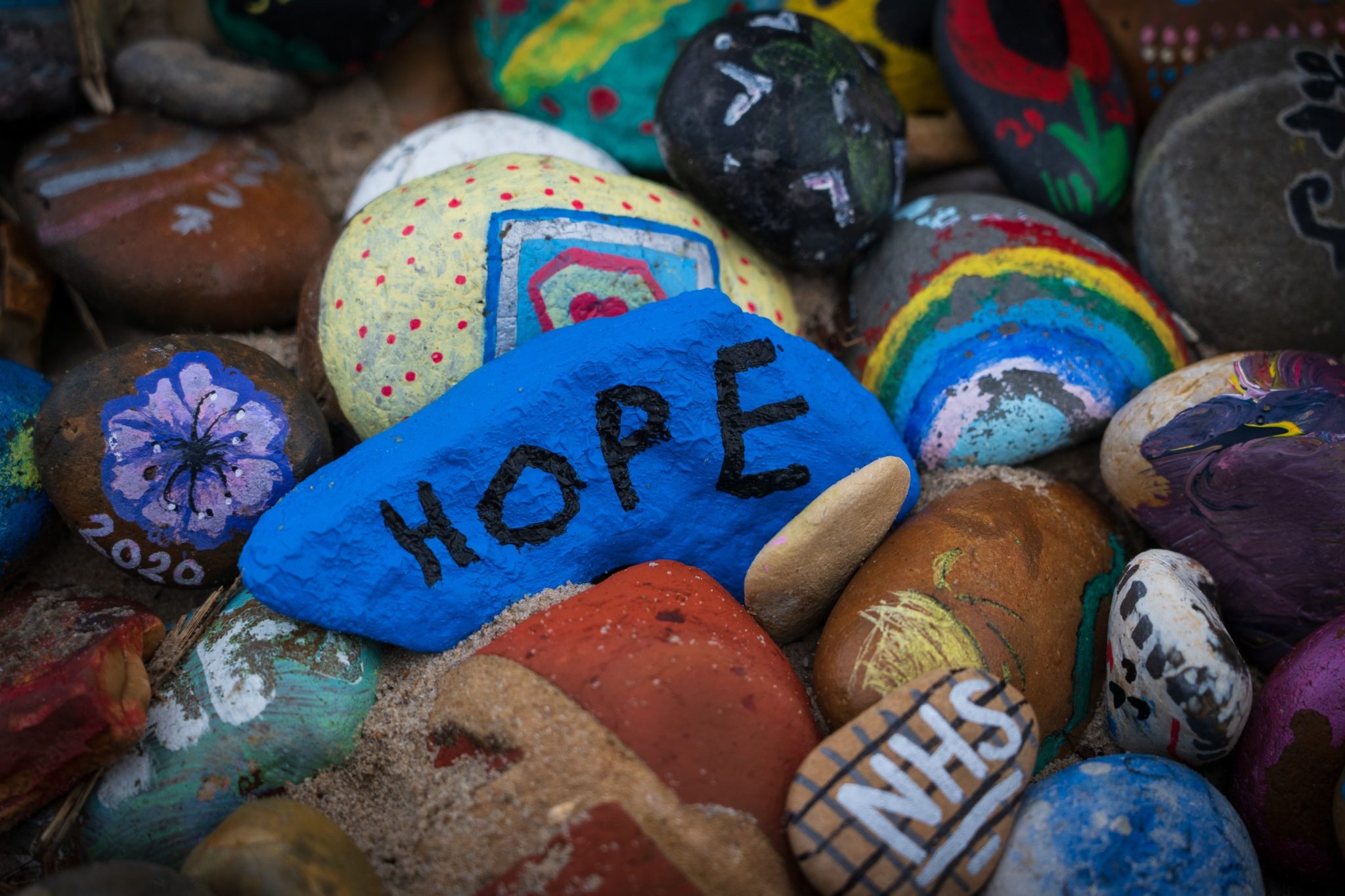What Is Rock Bottom, and Do You Need To Reach It To Get Help?
Rock bottom: If you or someone you know has ever struggled with addiction, chances are you’ve heard of it. It’s known as the painful, difficult turning point in which a person realizes they need help—often marking the first step in their recovery.
In our culture, rock bottom embodies the idea that losing everything is sometimes the only catalyst powerful enough to create change. And for some people with alcohol or substance use disorders, this is true. But is hitting rock bottom really necessary to start bettering your life?

Below, we’ll dive into what it means to hit rock bottom, its role in addiction, and why you don’t need to lose everything to start making a change.
What Is “Rock Bottom”?
So, what is rock bottom? Its definition can vary depending on who you ask. But generally, you’ll hear people describe it as losing everything—or reaching a point where things can’t possibly get worse.
Specifically, rock bottom could be a point when your addiction seriously harms your health, relationships, job, or housing situation. But it can differ depending on what the person struggling with addiction values most.
For some, rock bottom might be ending up homeless or in jail. For others, it might mean losing relationships with those they love. People have also described rock bottom as a time when they’ve caused harm to others—whether intentionally or not. It can be a painful place to think about, but it’s often a very raw reality for people struggling with alcohol use disorder.
The Trouble With the Idea of “Rock Bottom”
You may have heard that hitting rock bottom is a necessary step in getting help, and this is true for some. However, for many others, waiting to hit rock bottom can do much more harm than good.
The idea of rock bottom can sometimes lead people to wait until catastrophe strikes before seeking help. For example, a person who has developed fatty liver disease may feel that they don’t need to change, just because they haven’t faced severe liver problems yet.
Such misconceptions about hitting rock bottom can cause people to believe that, as long as they’re “functioning,” they don’t need to get help. The problem is that “functioning” rarely ever means thriving. Instead, it often means being on a downhill path that can ultimately harm your family, finances, legal situation, and health later on.
Being functional can start to look like barely scraping by, struggling to wake up in the mornings, having trouble at work, and fighting with family members. You may not technically be at rock bottom yet—but you don’t have to wait until it happens to make a change.
Signs You’ve Hit Rock Bottom
If your alcohol use has been causing harm, but you’re not sure how to gauge the severity of your drinking, you’re not alone. A good first step is asking yourself, “What does it mean to hit rock bottom for me?” From there, you can check for a few of these common signs you’ve hit rock bottom:
- Losing a relationship—or several. Family, partners, or close friends leaving your life can be a sign that alcohol is doing long-term damage to your relationships.
- Dealing with legal consequences. Outstanding warrants, jail time, and other legal troubles mean that your alcohol use is bleeding into other areas of your life, potentially causing permanent repercussions.
- Developing a serious health problem. Organ dysfunction, hospital visits, injuring yourself, and overdosing (or alcohol poisoning) are all common signs of rock bottom.
- Drinking frequently to avoid withdrawal symptoms. In other words, your addiction has reached what feels like an endless cycle.
- Being fired from your job. Alcohol use that disrupts your financial well-being is another sign of hitting rock bottom.
- Feeling hopeless, like there’s no way to reverse the damage that’s been done. This is a clear sign of rock bottom. But it’s important to remember that you can begin repairing your life, sense of self-worth, and relationships no matter where you’re at—even when it feels like you’re starting from scratch.
Why You Don’t Have To Wait For “Rock Bottom” To Get Help
Even if you feel swept up in the momentum of your addiction, you don’t have to wait until the worst happens to seek support. In fact, getting help now can help you avoid long-term loss and soften the challenges that come with recovery.

The truth is that addiction worsens over time. Left untreated, it can often progress into something much more difficult to tackle. But by seeking help before you hit rock bottom, you can:
- Make recovery gentler on your brain. The more you drink or use drugs, the harder it is on your brain health. Stopping sooner can make it easier for your brain to rewire and bounce back.
- Prevent damage to your relationships, financial situation, and your health. Getting help now means protecting what matters most to you.
- Learn healthier coping skills sooner rather than later. If you’re drinking often, chances are you’re dealing with some serious stressors in your life. The good news is that the earlier you quit, the sooner you can start learning deep, meaningful ways to work through your stress and trauma.
What To Do When You Hit Rock Bottom
If you feel like things are as bad as they can get right now, but you’re not sure how to start picking up the pieces, you’re not alone. It’s normal not to know what to do when you hit rock bottom. But here are some ways that you can start finding help.
Sometimes, picking just one loved one to open up to can get you moving in a better direction. A sibling, parent, or perhaps a good friend can offer emotional support and help you look into professional resources—whether that means finding a detox center, a treatment program, or therapy to improve your mental health.
For long-term, more affordable support, it can also help to look into remote alcohol treatment programs. Ria Health is one option that can connect you with experts who can help, all from your smartphone. Our program offers regular meetings with recovery coaches, access to medical professionals, anti-craving prescriptions, and more to support your journey to recovery.
Learn more about how it works, or talk to a team member today.
Will insurance cover treatment? Verify Coverage
Have Questions? Call (800) 504-5360



